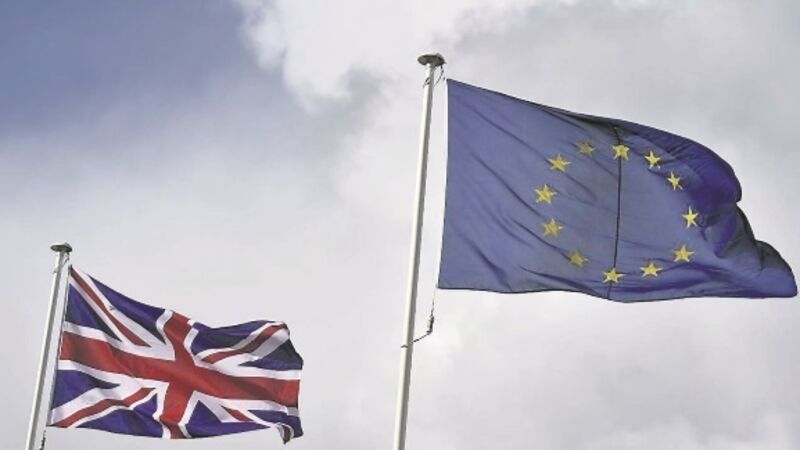No special Brexit bank deal as EU plays hardball

In recent times, I have tended to wax lyrical about the synchronised nature of the global economy over the past year and a half.
After the horrible decade we have lived through — both domestically and globally — good news was clutched with great enthusiasm, at least by me.

















